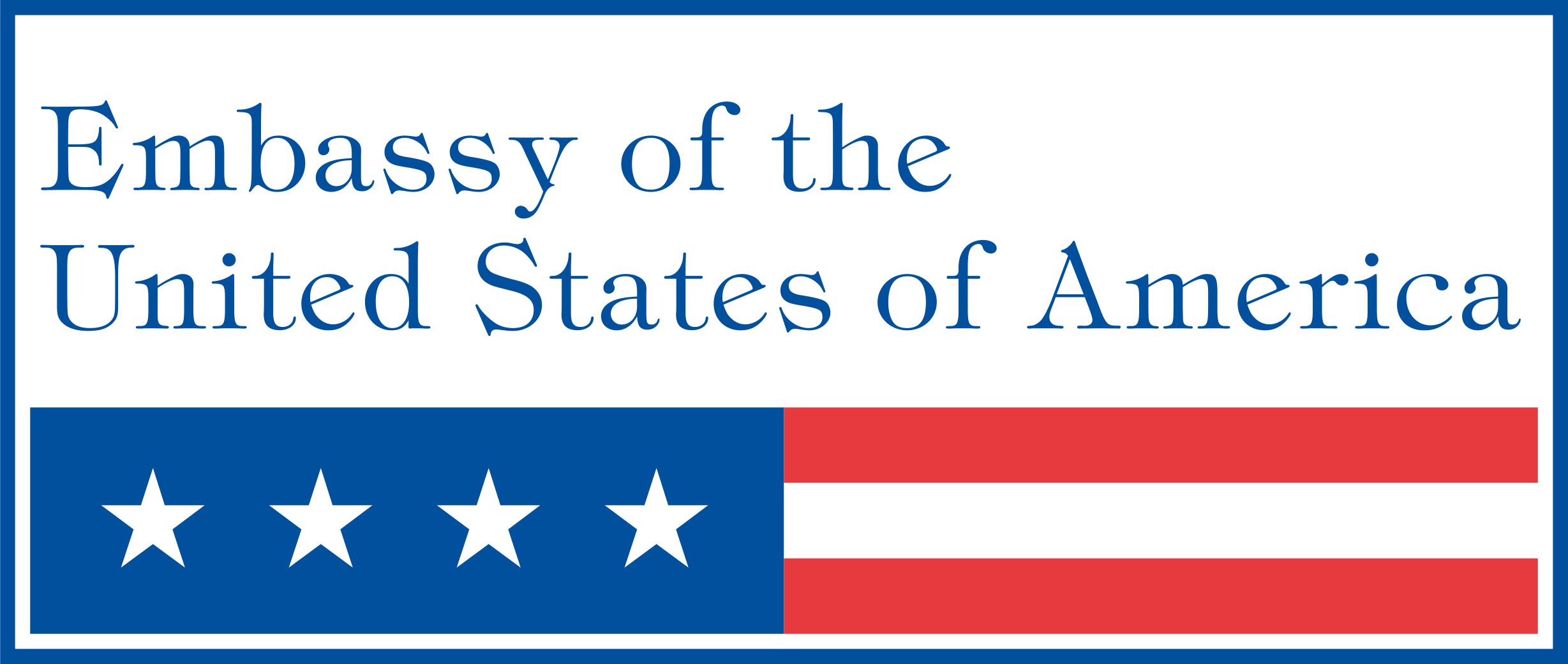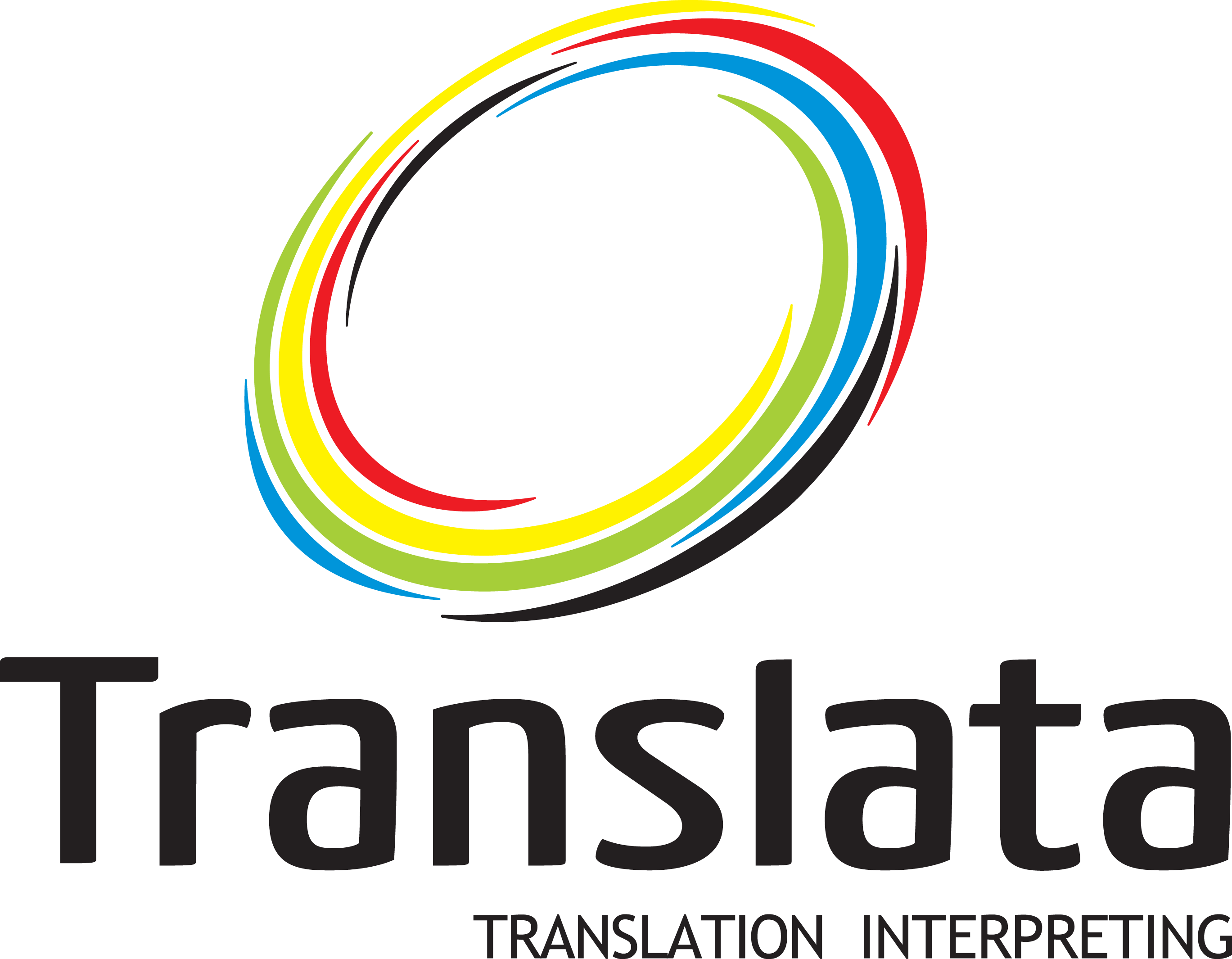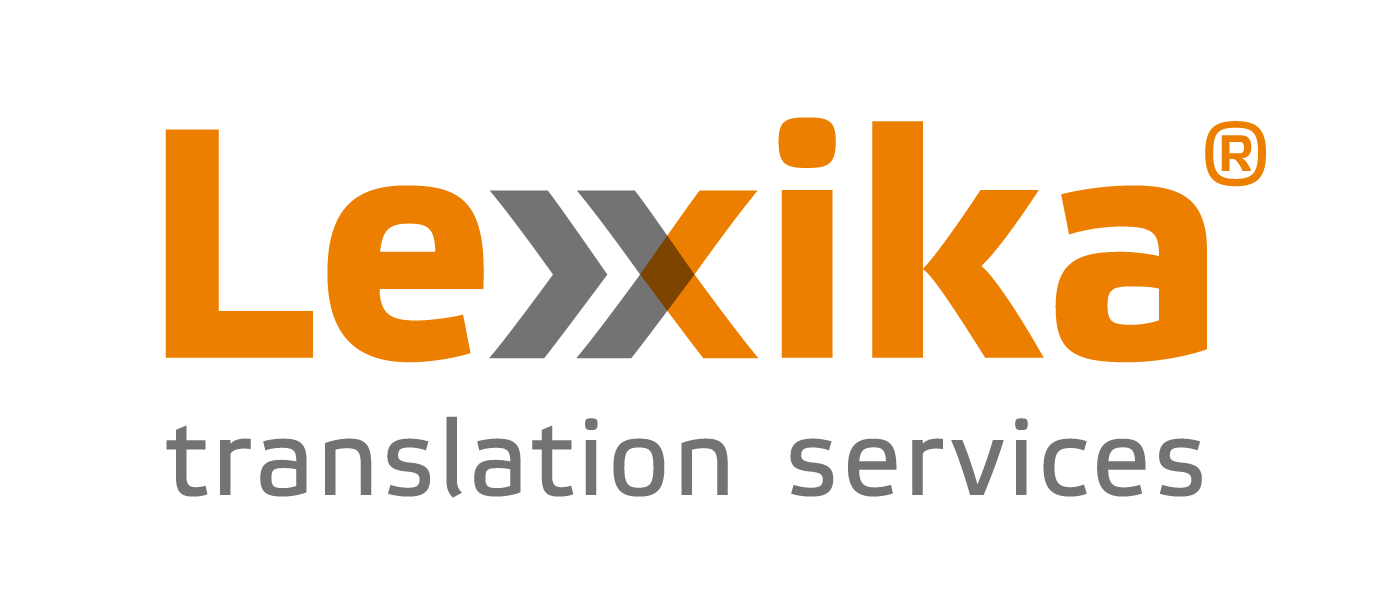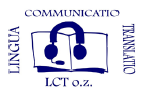
About the Conference
Aims and Purpose
Just before the turn of the 21st century, Mikhail Epstein called for a return of the human into the humanities, proposing a Bakhtinian turn from the paradigms of the 20th century, which ascribed “the source of our activity to some non-human, impersonal structures speaking through us” (1999; 113), to a rehumanisation which would help us reappropriate the “alienated sources of our activity and understand them as an indispensable otherness inherent in the nature of human self-awareness” (113). The vision of such humanity-centred research would incorporate the knowledge gained from such systems of thought as psychoanalysis, semiotics and (post)structuralism, while also attempting to transgress the structural determination of action. The kind of rehumanisation translation and interpreting studies now seeks is not a return to a self-endorsing anthropocentrism, but an approach which would make the human agency in translation and interpreting visible as an active force with the potential to shape the social and natural world.
The challenges of globalisation cannot be reduced to debates about the future of translation and interpreting, but this unprecedented movement of people and ideas requires an urgent response from our community, and our particular ability to connect cultures and carry over thoughts and ideas.
The conference strives to bring together scholars from various fields of translation and interpreting studies to share their perspectives on the human factor in their studies. We believe that the human factor in translation technology, literary translation, audiovisual translation, technical translation, conference interpreting, community interpreting and in the education of future translators and interpreters is fundamental. That is why we are asking scholars from around the world to share their experiences. We will pay particular attention to the sociological factors of these professions and the role of “theory” in improving translators’ visibility and social standing. When talking about translators, we refer to “people with flesh-and-blood bodies. If you prick them, they bleed” (Pym, 2014, p. 161). We want to talk about translators and interpreters not as if they were “linguistic machines”, but as they are: human beings. We are also interested in the effects of non-translation, such as the lack of (mainly) community interpreters and the problems it poses for the integration of people seeking refuge. We would like to hear well-structured, data-based presentations, but also sound case and qualitative studies. Together, we will take a closer look at how the human factor (institutional or personal) affects translation and interpreting.
Perspectives from which to address the conference topic may include, but are not limited to:
- community interpreting
- sociology of translation and interpreting
- returning names to anonymous translators
- (de)humanising media and audiovisual translation
- consumers and consumerism in media and translation context
- the human factor in machine translation and post-editing
- effects of non-translation in (trans)cultural and ecological relations
- literary translators between determinism and agency
- translation of literature as a litmus test of cultural priorities
- teaching translators and interpreters: between education and training
- agency in translation history
Language Policy
The conference languages are English and Slovak. If you wish to present the paper in German, Spanish, French or Russian, please indicate it in the abstract. However, in view of the later publication we strongly recommend the use of English. All abstracts are to be submitted in English.
Deadline for submission is 30 September 2020. Please send your abstract (200 – 300 words in English) to registration@tic-conference.eu. All abstracts will be double-blind peer-reviewed by the members of the scientific board.
Notification of acceptance: 20 January 2021.
Notes
If you would like to present in a language other than Slovak or English (German, Russian, French, or Spanish), please include this request in your abstract. The Organising Committee will decide whether interpreting is possible and you will be informed of the result.
Each participant has 20 minutes to present their paper.
Organized by
- Faculty of Arts
Matej Bel University
Banská Bystrica, Slovakia
- Faculty of Arts
Department of Translation Studies
Constantine the Philosopher University
Nitra, Slovakia
- Institute of Slovak Literature
Slovak Academy of Sciences
Bratislava, Slovakia
- Institute of World Literature
Slovak Academy of Sciences
Bratislava, Slovakia
- Faculty of Arts
Comenius University
Bratislava, Slovakia
Scientific committee
Susan Bassnett (University of Warwick, University of Glasgow)
Lawrence Venuti (Temple University)
Jan Pedersen (The Institute for Interpreting and Translation Studies, Sweden)
Andrew Chesterman (University of Helsinki)
Daniel Gile (ESIT)
Christopher Rundle (University of Bologna, University of Manchester)
Jorge Díaz-Cintas (University College London)
Elena Di Giovanni (University of Macerata)
Luc Van Doorslaer (University of Tartu / KU Leuven)
Franz Pöchhacker (University of Vienna)
Carmen Valero Garcés (University of Alcalá)
Zuzana Jettmarová (Charles University)
Ivana Čeňková (Charles University)
Jitka Zehnalová (University of Olomouc)
Edita Gromová (Constantine the Philosopher University)
Daniela Müglová (Constantine the Philosopher University)
Zuzana Bohušová (Matej Bel University)
Katarína Bednárová (Comenius University / Slovak Academy of Sciences)
Mária Kusá (Slovak Academy of Sciences)
Ján Gavura (University of Prešov)
Markéta Štefková (Comenius University)
Organising committee
Martin Djovčoš (Matej Bel University)
Emília Perez (Constantine the Philosopher University)
Ivana Hostová (Institute of Slovak Literature, Slovak Academy of Sciences)
Pavol Šveda (Comenius University)
Mariana Bachledová (Matej Bel University)
Matej Laš (Matej Bel University)
Barbora Vinczeová (Matej Bel University)
Ľubica Pliešovská (Matej Bel University)
Miroslava Melicherčíková (Matej Bel University)
Eva Reichwalderová (Matej Bel University)
Anita Huťková (Matej Bel University)
Anita Račáková (Matej Bel University)
Marian Kabát (Comenius University)
Igor Tyšš (Institute of World Literature, Slovak Academy of Sciences)
Mária Koscelníková (Constantine the Philosopher University)
Jana Ukušová
Matej Martinkovič
Featured Talks & Speakers

Jan Pedersen

Lawrence Venuti

Susan Bassnett

Nadja Grbić
Our Sponsors
If you’re interested in sponsoring TIC 2020, please contact us for more information. We’re on hand to create a package that meets your needs, so do not hesitate to get in touch at: tic2020banskabystrica@gmail.com.
The organisers wish to thank following companies for their financial support:
Special thanks goes to the leadership of the Faculty of Arts of Matej Bel University in Banská Bystrica for their organisational and financial contribution.
The organisers also wish to thank the European Commission – Directorate-General for Translation for their support and financial contribution within the Translating Europe Workshop scheme.
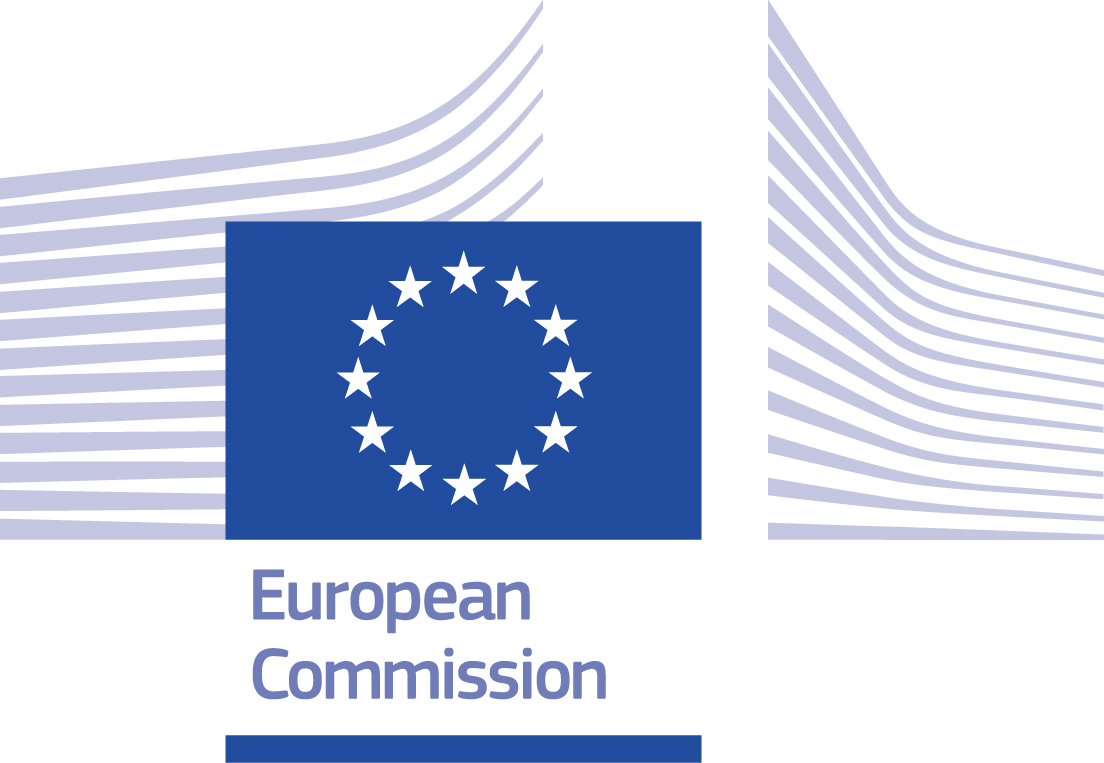
The conference is supported by
State Scientific Library in Banská Bystrica
VEGA 2/0166/19 Preklad ako súčasť dejín kultúrneho priestoru III. (Translation as a Part of the Cultural Space History III.)
KEGA 026UMB-4/2019 Exaktná učebnica tlmočenia (An Exact Coursebook of Interpreting)
VEGA 1/0431/19 Model ruskej literatúry na slovenskom knižnom trhu
VEGA 1/0202/21: Reflexia kognitívnych a osobnostných charakteristík v tlmočníckom výkone študentov PaT a profesionálov v reálnom a virtuálnom prostredí (Reflection of Cognitive and Personality Traits in the Interpreting Performance of T&I Students and Professionals in Real and Virtual Environment).

